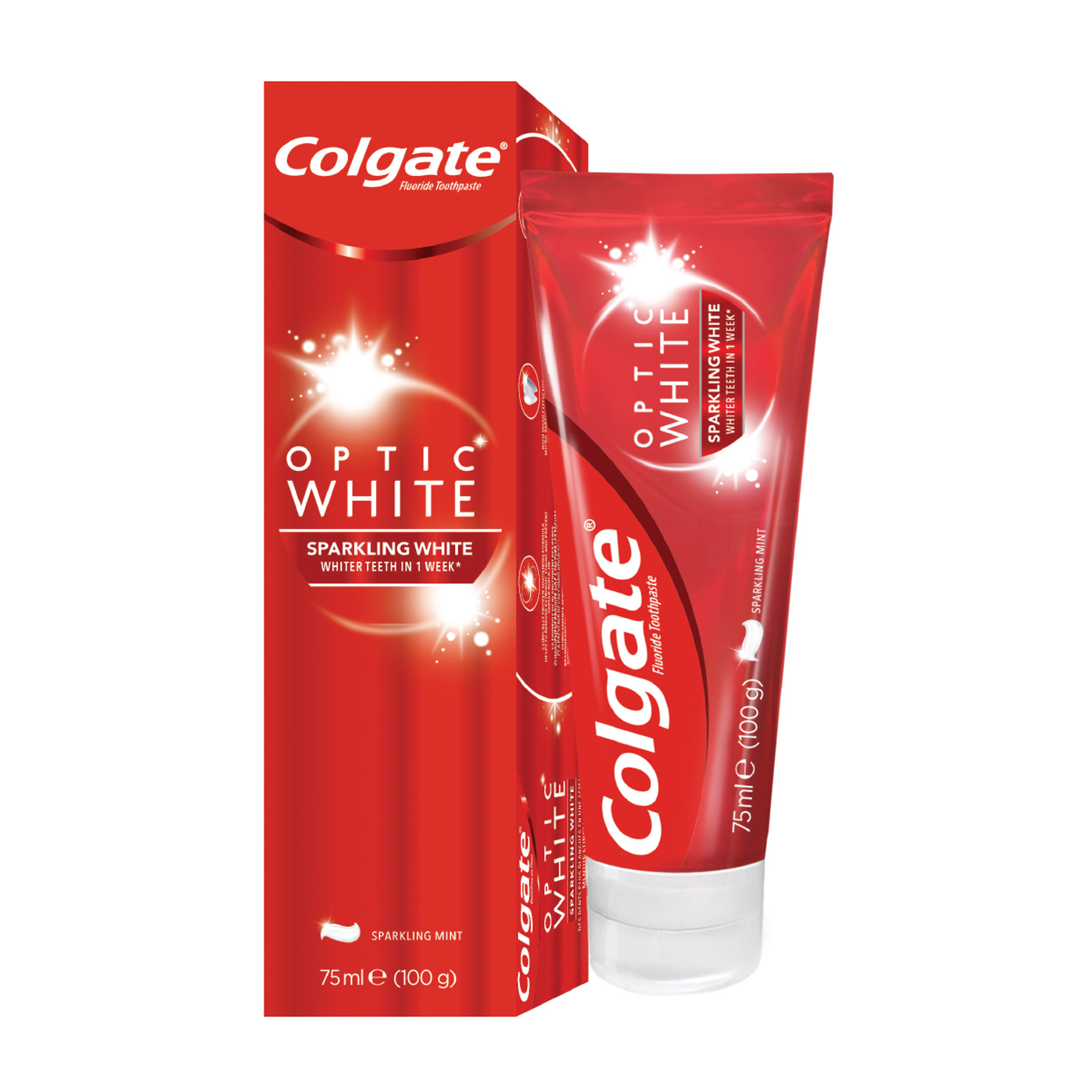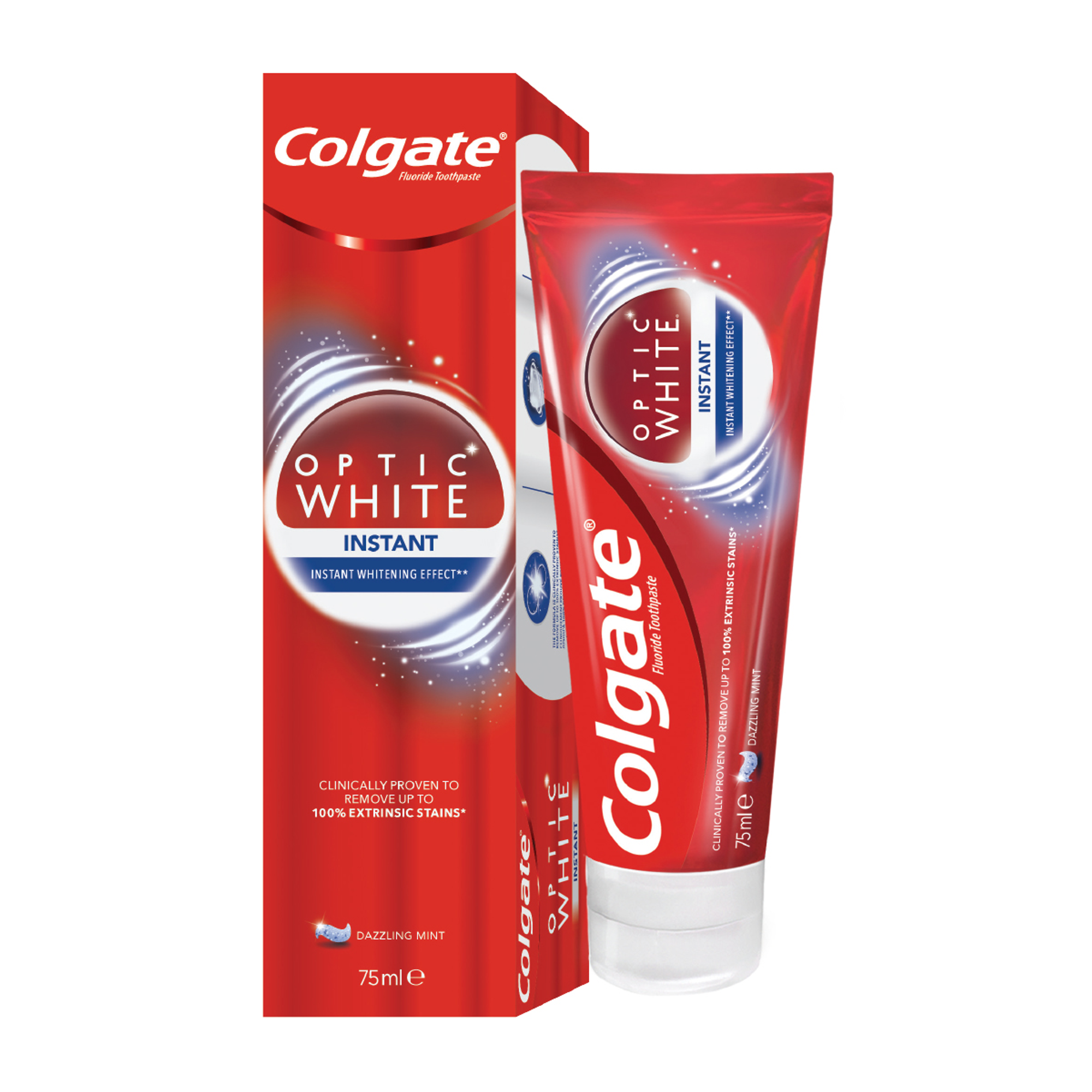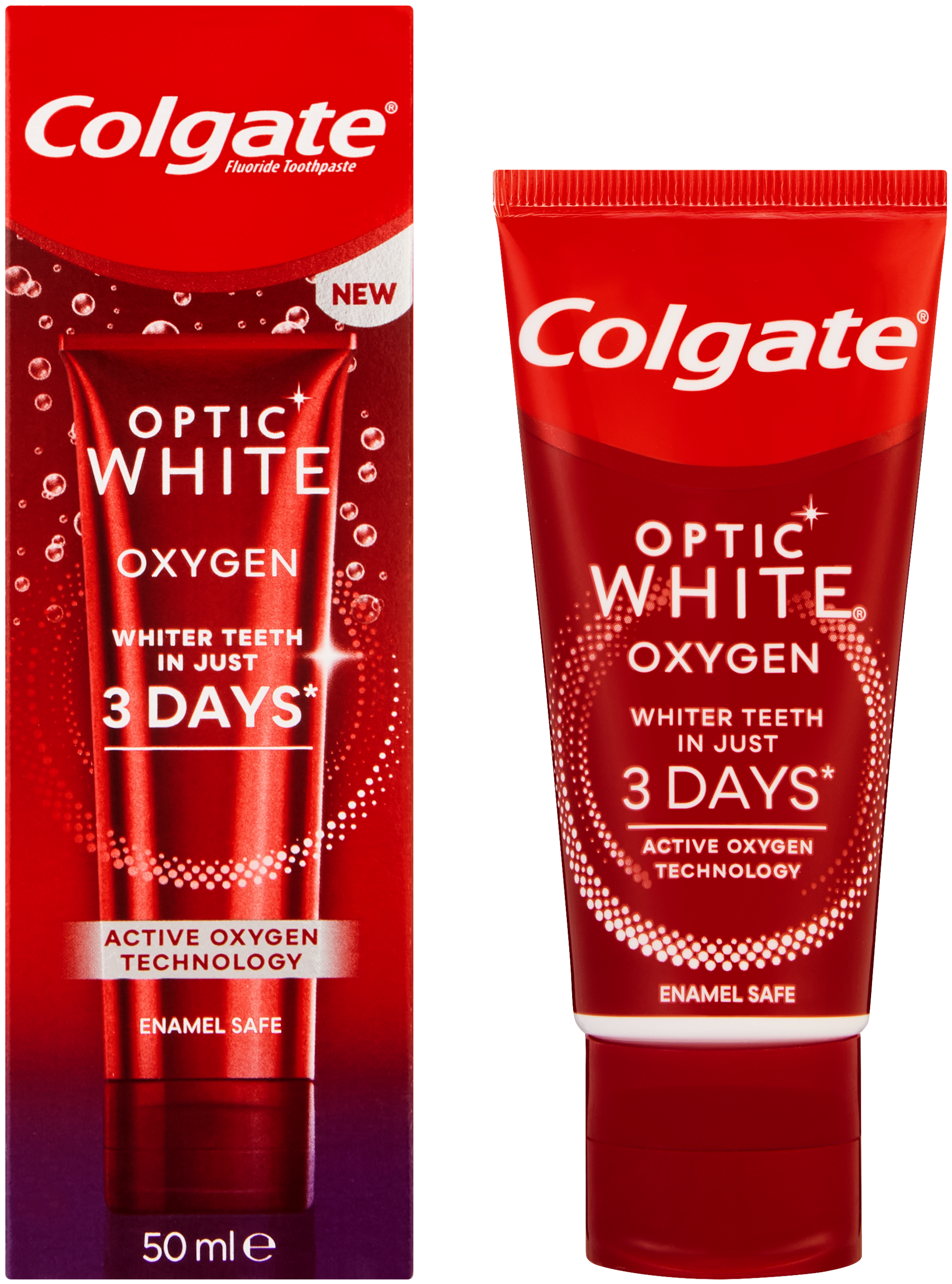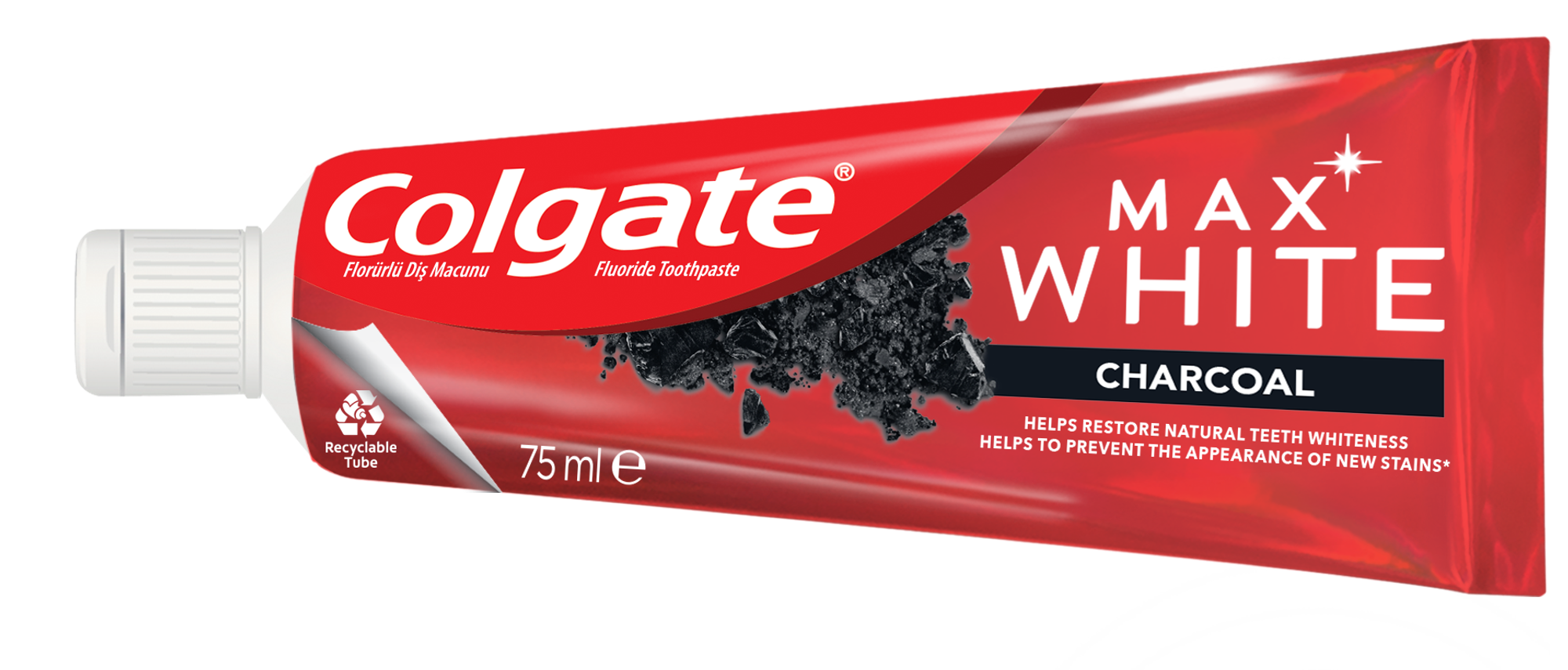-
-

CAVITIES
Can You Heal A Cavity At Home?You feel a sharp pain when you bite down or try to eat. You think it's a cavity, but you're not 100 percent sure...

BAD BREATH
How To Cure Bad BreathMore commonly known as bad breath, halitosis is an embarrassing hygiene issue that nobody wants, but some of us get every now and then...
-
Science & Innovation
- Colgate® | Toothpaste, Toothbrushes & Oral Care Resources
- Oral Health
- Turmeric For Teeth: Will A Spice Whiten Your Smile?
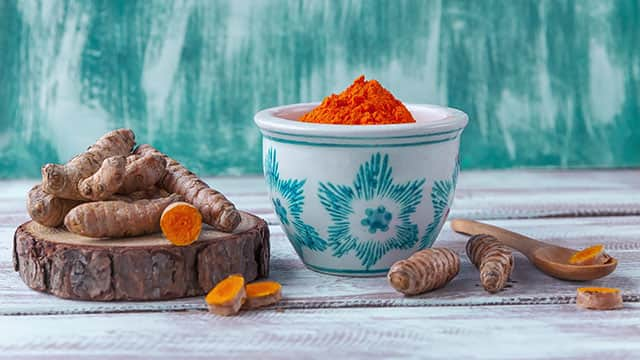

What Is Turmeric?
Turmeric is a plant. The part people use in cooking and natural medicine is the rhizome, a stem that grows underground. Turmeric is related to ginger, and if you come across it at a grocery store, you might even mistake it for ginger, as it has a similar knobby look. In cooking, it can either be used in its raw form or as a powder. As mentioned above, one of the most common uses for turmeric is as a primary ingredient in curry powder, giving curries their deep yellow color and earthy, spiced flavour.
You can find turmeric in the spice aisle as a yellow powder, or fresh in some supermarkets’ produce section. You can also purchase it as a supplement in pill, capsule, extract or powder form.
Does Turmeric Whiten Teeth?
So, does turmeric whiten teeth? As the American Dental Association (ADA) mentions, there's no proof that turmeric whitens teeth. What may trick people into thinking turmeric whitens teeth could have to do with the recipes they use to create their own toothpaste. Often in these DIY toothpaste recipes, turmeric is added to a mixture of baking soda, coconut oil, and mint extract to make a “turmeric toothpaste”. The baking soda may be why people experience whiter smiles: also known as sodium bicarbonate, it is a safe and effective whitening product when used in toothpaste. Other naturopathic toothpaste may combine turmeric with ingredients like hydrated silica or calcium carbonate, which are also natural whitening agents.
At this point, you might also be wondering: does turmeric stain teeth? While its yellow pigment is intense in colour, consuming turmeric should not cause any concern. So then, why do people seem to think turmeric teeth whitening works? People are always looking for natural, creative ways to brighten their smile, and it can also be a fun activity to make products yourself. But when it comes down to the science, you are better off choosing a clinically proven whitening method, such as a whitening toothpaste, if you’re looking for an easy and safe way to brighten your smile at home.
Is There a Benefit to Using Turmeric for Teeth?
While turmeric itself does not whiten teeth, it can benefit your oral health. Turmeric possesses anti-inflammatory, antioxidant, antibacterial, antiviral, and antifungal properties, and can prevent and treat gum problems. Beyond oral health, it states that turmeric can benefit other conditions like arthritis, digestive disorders, respiratory infections, allergies, liver disease, depression, and many others. While it’s not a teeth whitening sidekick, this tasty spice possesses many other health benefits.
How Can I Whiten My Teeth At Home?
If you’re looking for an at-home method to brighten your smile, first consult your oral care provider to determine the best product for your needs. They’ll likely provide affordable and science-backed options, like whitening toothpaste, containing ingredients meant to remove surface stains.
While turmeric toothpaste isn't bad for your teeth, relying solely on a DIY turmeric toothpaste that does not contain fluoride or other clinically proven toothpaste ingredients could leave you vulnerable to dental problems. Since you can find reliable whitening toothpaste at your local pharmacy, you should probably leave turmeric in your kitchen spice cabinet to prepare tasty meals and use a whitening toothpaste every day for a whiter, brighter smile.
Related Products

Helping dental professionals
More professionals across the world trust Colgate. Find resources, products, and information to give your patients a healthier future







